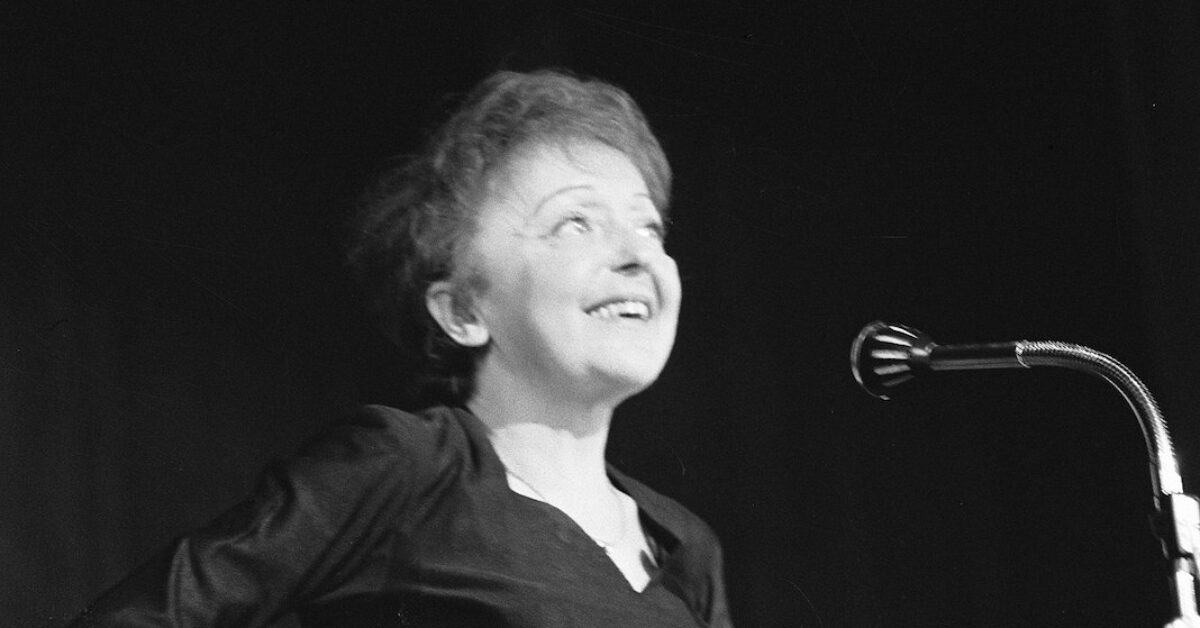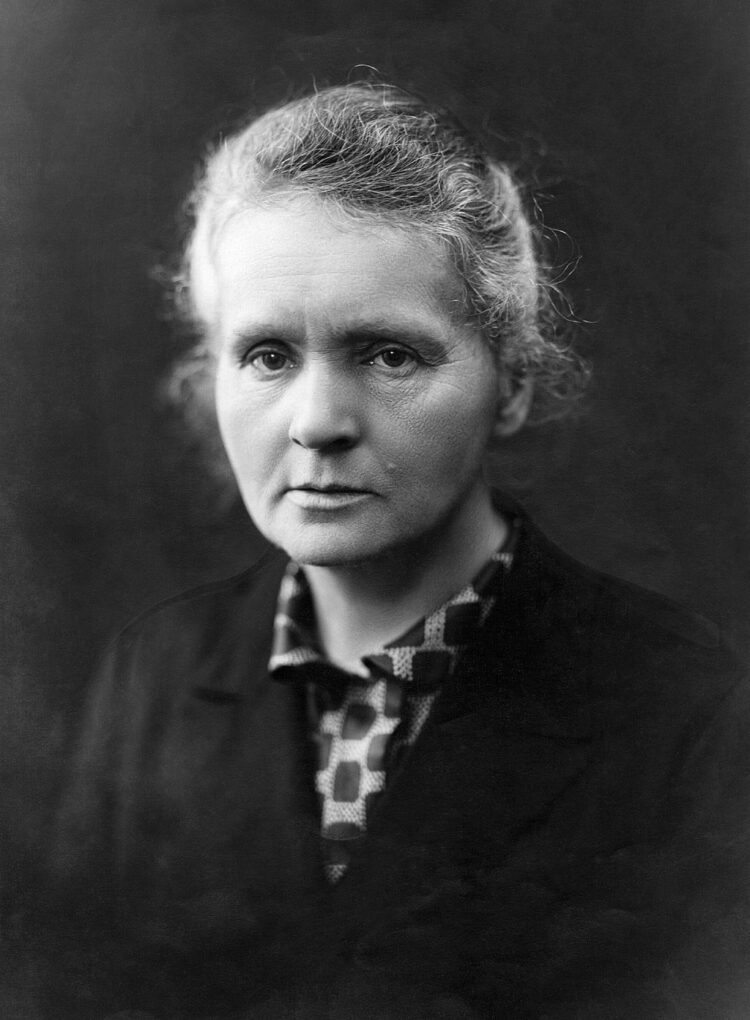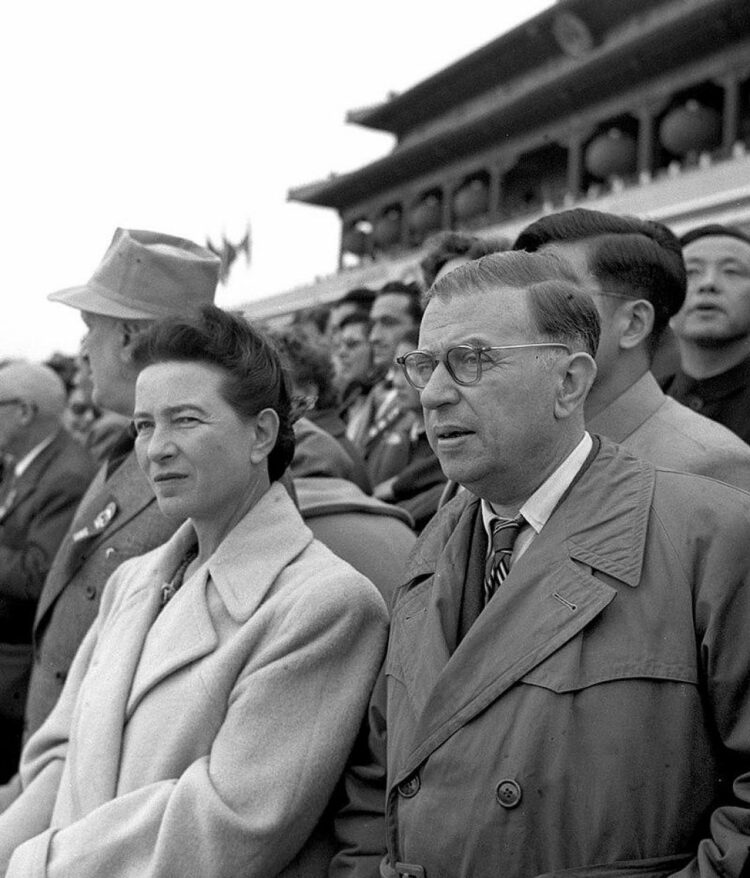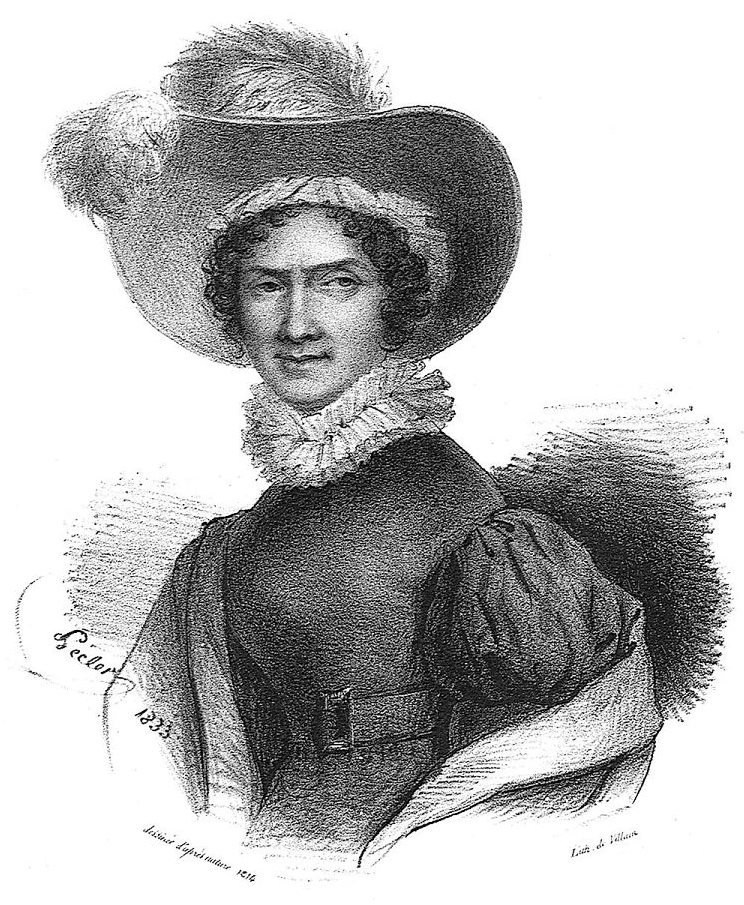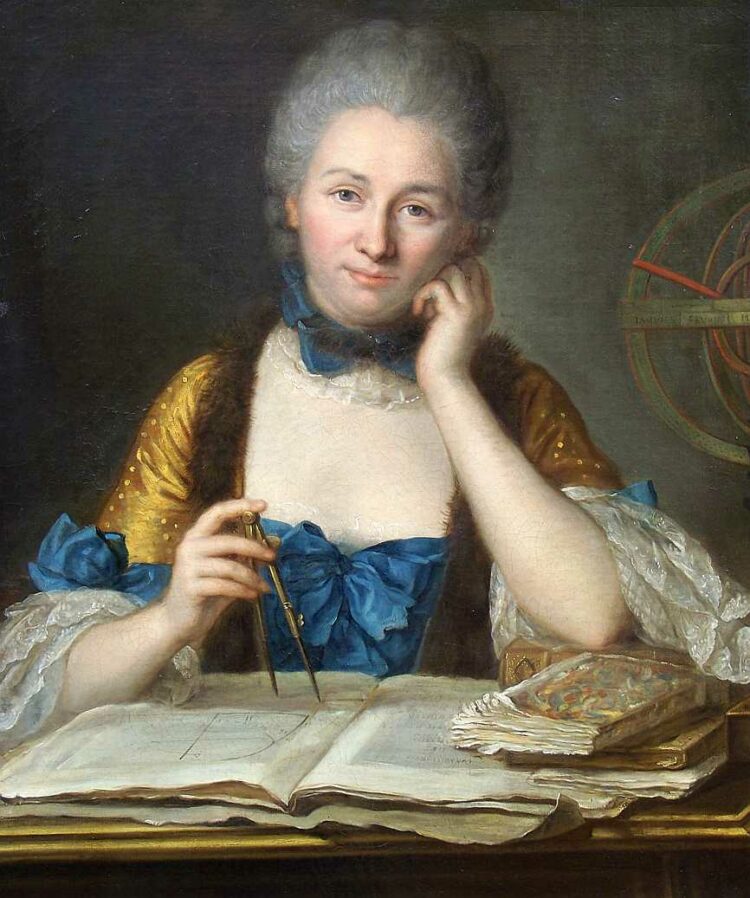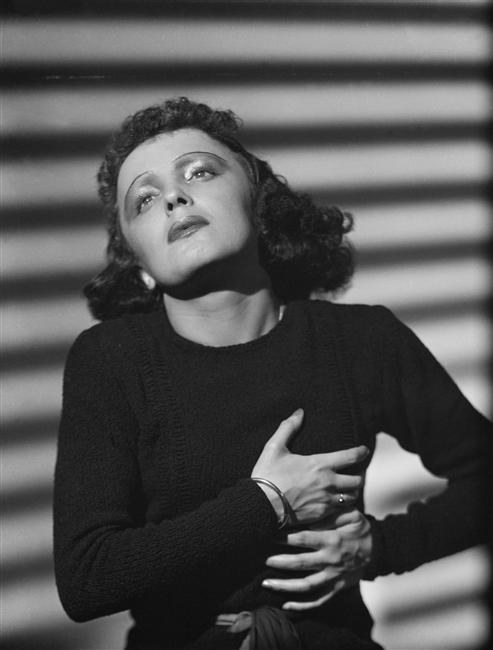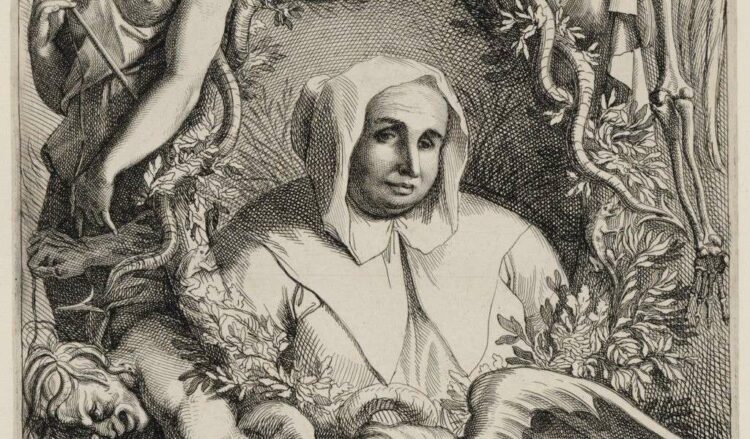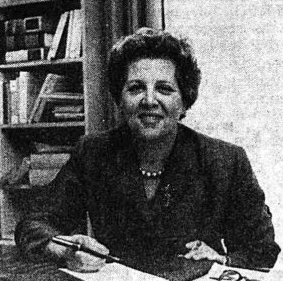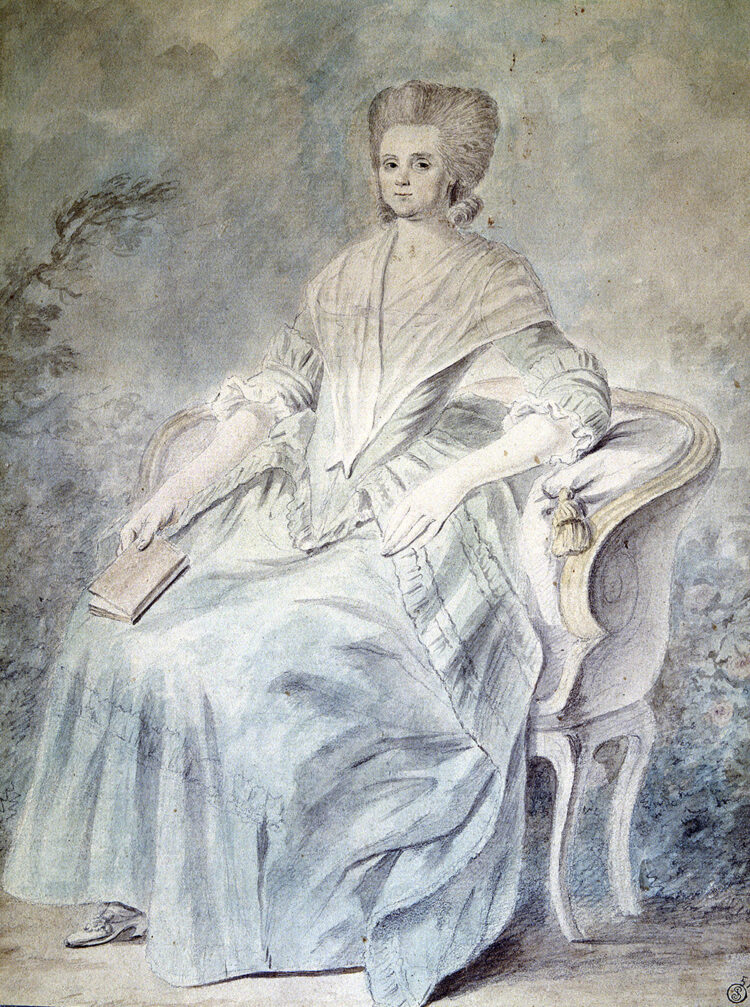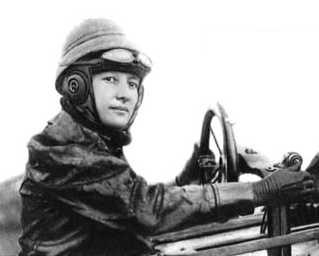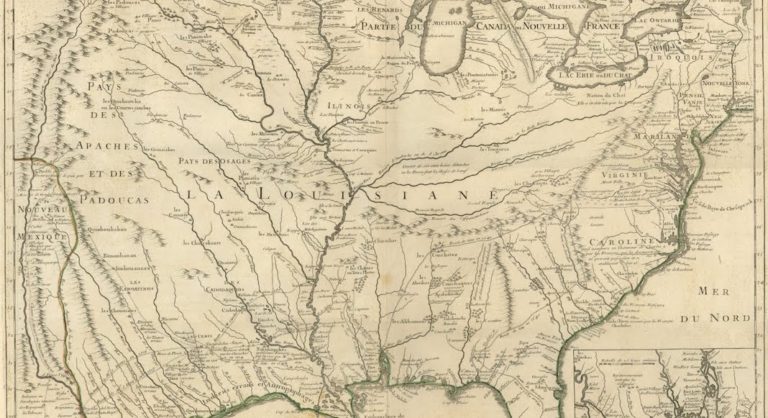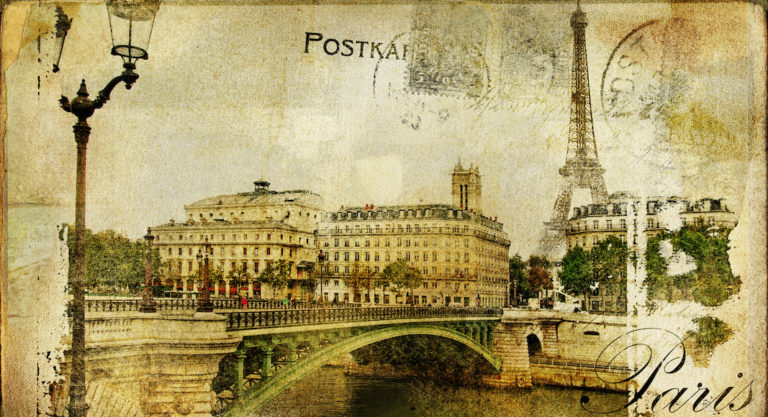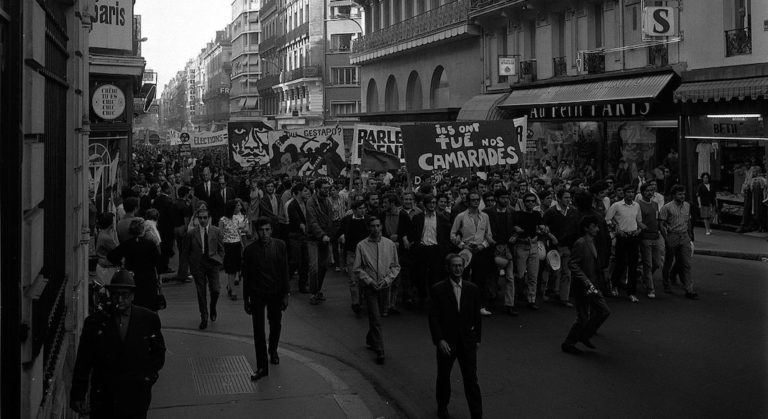Well into March, we say farewell to the worst of winter and hello to celebrating women’s contributions throughout the world. And France certainly has its fair share of amazing women who should be remembered—and lauded—during Women’s History Month. From fashion icon Coco Chanel to writer-activist-philosopher-feminist-overall badass Simone de Beauvoir, let’s take a look at some incredible French women who changed the course of history.
1. Marie Curie
Brilliant scientist Marie Curie was actually from Poland but naturalized in France, and contributed in immeasurable ways to the scientific community. Curie was a physicist and chemist who conducted pioneering research in radioactivity, and whose work won her the Nobel Prize not once, but twice. And Curie was certainly the Queen of “firsts”: she was the first woman to win the Nobel Prize, the first female professor at the University of Paris, and the first woman to be entombed in Paris’ Panthéon because of her accomplishments. Curie’s work was not only groundbreaking for its scientific merits, but also because she overcame the immense societal barriers put up against women, which contributed an equally important legacy.
2. Simone de Beauvoir
Born in Paris in 1908, Simone de Beauvoir was a writer, philosopher and author of the The Second Sex, a pivotal piece of literature in feminist history. In this book—and her myriad other works—De Beauvoir critiques the patriarchy, delves into women’s oppression and explains how society constructs and shapes gender, an idea which completely challenged cultural norms at that time. Beyond her groundbreaking philosophical works, De Beauvoir also published travel diaries and notable fiction, including the short story collection, The Woman Destroyed. This is one exceptional French woman whose work has certainly changed the world for the better.
3. Marie Lachapelle
Considered the mother of modern obstetrics, Marie Lachapelle revolutionized childbirth. She invented new methods of delivery that saved both the mother and the baby. Learning midwifery from her mother, Lachapelle was delivering babies by herself by age 12. She became head of obstetrics at the Hôtel-Dieu and, later, the director of the midwifery school, La Maternité. Thanks to extensive notes on the 40,000 babies she delivered during her lifetime, she was able write a three-volume treatise about how to properly deliver babies.
4. Émilie du Châtelet
About 150 years before Marie Curie moved to France, Émilie du Châtelet was busy making her own scientific breakthroughs. This mathematician, physicist and philosopher had a brilliant mind, and is especially known for her translation and commentary of Isaac Newton’s Principia, a physics book. While many women were simply following societal pressures to be good housewives, Châtelet was critiquing the works of famous philosophers and writing physics books—yet another French woman who shattered boundaries – in a good way.
5. Édith Piaf
Known as “The Little Sparrow,” France’s Edith Piaf was a star of unparalleled proportions. Piaf had a tough upbringing, but rose to stardom and became beloved for her strong voice, passionate performances and tenacious music, including the hit, “La Vie en Rose.” Fans who can’t get enough of Piaf’s songs can watch the French movie named after her most famous song, La Vie en Rose, a brilliant movie portrayal of the performer’s difficult childhood and rise to fame.
6. La Voisin
Catherine Monvoisin (La Voisin) was one of the most famous poisoners in history. It is estimated that she and her network of 100 poisoners killed between 1,000 and 2,500 people. Popular amongst the wealthy and noble in Paris, she worked with palmistry, fortune-telling, and illegal abortions, then branched into magical objects, potions, and finally, poison. La Voisin was planning to poison King Louis XIV (his ex-mistress requested it), when she was arrested, convicted of witchcraft, and burned at the stake. It was her mass-poisoning network that lead to the Affair of the Poisons, when the government went on an actual witch hunt (there were 442 suspects), because death-by-poison had become way too common.
7. Suzanne Borel
Suzy Borel was the first woman diplomat in France. After two tries, she passed the exam to join the Ministry of Europe and Foreign Affairs in 1930. Because she wasn’t able to work in any departments still reserved just for men, she could only work in select areas of the Paris offices. During World War II, Borel worked for the Resistance, and went underground when the Gestapo tried to arrest her in 1944. By the time she died in 1995, she’d received the Legion of Honor, the Croix de Guerre, the Medal of Resistance, and the Medal of Freedom.
8. Olympe de Gouges
Playwright, feminist and activist Olympe de Gouges is the most famous female figure from the French Revolution (except maybe, for Marie Antoinette). She’s best known for writing the Declaration of the Rights of Woman and the Female Citizen (1791) in response to the Declaration of the Rights of Man and of the Citizen, which left women out. Before writing political pamphlets, de Gouge founded her own theatre troupe which she used to stage politically-motivated shows. De Gouges spoke out against the Revolutionary government’s violent ways, and was executed for it.
9. Marie Marvingt
A pilot, Marie Marvingt was instrumental in the creation of aeromedical evacuations. Her first attempt to create an air ambulance in 1909 was thwarted, but she didn’t give up. She promoted them for 30 years and helped organize the First International Congress on Medical Aviation. Once airplane ambulances were in use, Marvingt established the first medical air service in Morocco, and became the first certified Flight Nurse. Her work inspired hundreds of women to become pilots for L’Aviation Sanitaire, a group of air ambulances. (Bonus: In 1915, she became the first woman in the world to fly combat missions when she flew bombing missions over German-held territory as a volunteer pilot.)
So yes, raise a glass today, in memory of these exceptional women. They walked so we could run.

